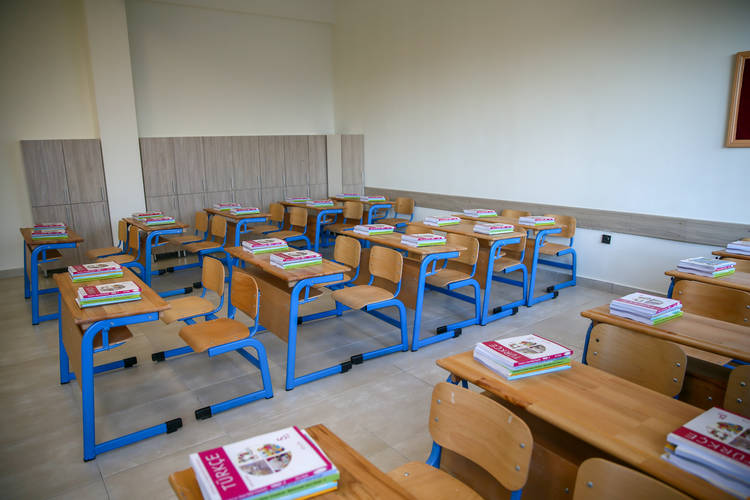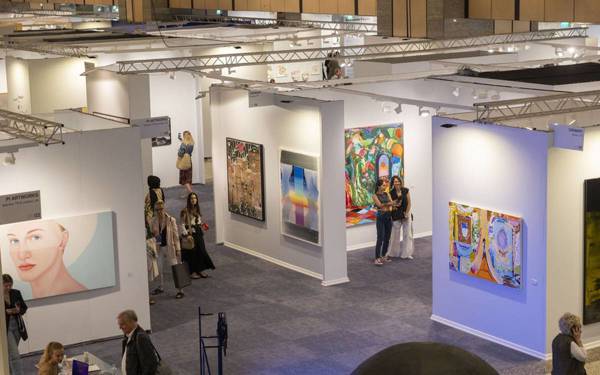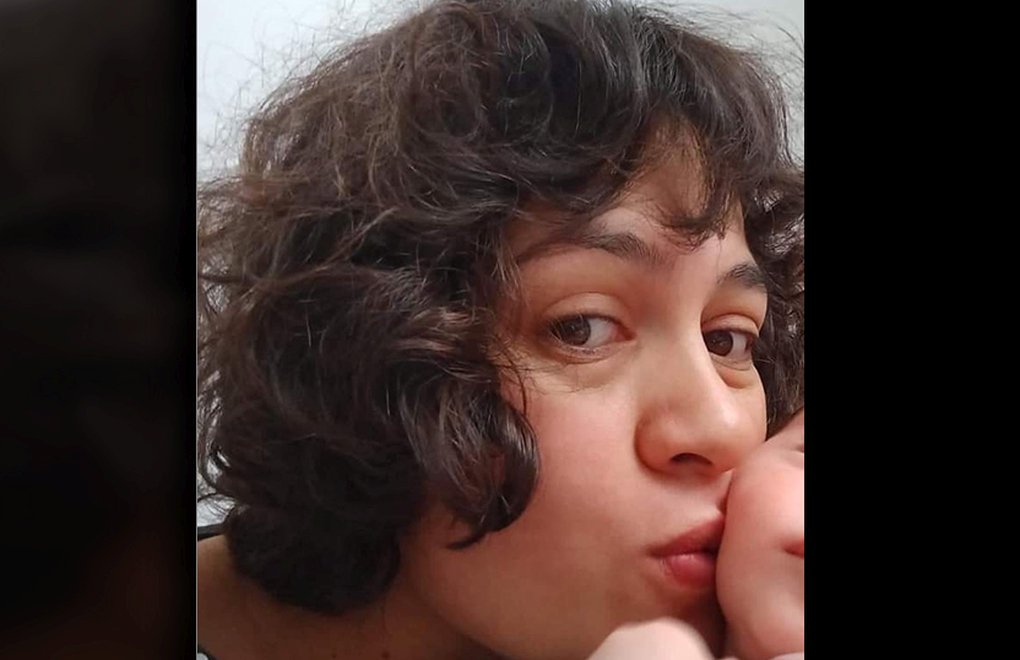The funeral of school principal İbrahim Oktugan (74), who was shot and killed by a former student of the school, was held yesterday in İstanbul.
The teacher, who was seriously injured, passed away at the hospital, while the fleeing child was apprehended by the police.
The perpetrator, identified as Y.K., who gave a statement at the Children's Crimes Investigation Bureau, was referred to the peace criminal judge for arrest on charges of "premeditated murder due to the person's performance of a public duty."
After the incident, criticism emerged regarding the media coverage in newspapers and the discourse on social media. Much of the focus centered on the nationality of the shooter being Iraqi, fueling xenophobic and anti-immigration sentiments. This also opened up another discussion: the state of the education system in Turkey, the undermining of the teaching profession, and the normalization of violence.
Child rights activist Sevinç Koçak emphasized that over the past 20 years, the teaching profession has been severely undermined by the political authorities, highlighting that the increasing violence in schools cannot be considered separately from comprehensive policies.
Koçak shared her views on violence, education, and hate speech in three questions:
"Children and teachers are vulnerable"
We occasionally read news about teachers being subjected to violence by relatives or directly by students. Is it appropriate to discuss this situation outside the education system? How do you evaluate this while the new curriculum is being discussed?
We cannot speak of a comprehensive education approach or a well-established system in the education system in Turkey. The education system, which does not take into account the needs and demands of both children and teachers, pits teachers and children against each other, leading to an increase in violence in schools. Therefore, we cannot address the increasing violence in schools separately from comprehensive policies.
The teaching profession has been severely undermined by the political authorities over the past 20 years.
Anger and violence towards teachers
The political power created an unjustified perception in society about the teaching profession by making irresponsible statements, imposing a performance system on teachers, appointing incompetent administrators, and opening up discussions about teachers' holiday periods, creating a groundless perception in society that teaching is an "easy job, what are they even doing, getting paid without doing anything for three months." As a result, it devalued the teaching profession, paving the way for anger and violence towards teachers.
We know that making graduates of teacher training schools teachers through interviews is not due to mistrust in teachers' knowledge. Because if you do not trust in the education of schools, it means you do not trust in your own education system. Moreover, what is "measured" in interviews is not knowledge; it is whether one is opposed to the government or not.
Teachers have become mere implementers of constantly changing curricula, which do not allow them to use their professional creativity but reduce them to rote learning.
In an authoritarian, obedience-focused education system that dulls rather than enhances equipment, knowledge, and skills, where memorization is prioritized over experiential learning, it cannot be expected for the teacher-child relationship to be healthy, of course.
Statement by Minister Tekin
Minister of National Education Yusuf Tekin stated regarding the incidents of violence in schools, "We have taken legal measures for the punishment of violence against teachers within the framework of the Teacher Profession Law, our legal arrangement is also included in the text." There is once again an approach here that ignores one's own responsibility, the obligation of the state. No problem whose causes cannot be eliminated can be solved only through legal measures or sanctions.
Of course, what is essential is to protect teachers against violence, prosecute the crime, and conclude it with a speedy criminal investigation. But the main thing is to eliminate the conditions that bring about violence.
"Bullying is increasing in schools"
Why has violence become so widespread among children? How do you interpret this?
Violence among children, not only towards teachers but also peer bullying, is becoming increasingly common and has even reached the age of 6. According to the Education Monitoring 2020 report of the Education Reform Initiative, one in every three children in Turkey is exposed to bullying. The rate of exposure to peer bullying is 14% higher in girls than in boys.
Violence has generally become more widespread in society over the past 20 years. In addition to discriminatory policies and gender inequality, constant incitement of people against each other, distrust in mechanisms for asserting rights, increases in anger and intolerance towards each other are also contributing factors. Asserting rights has now been replaced by "giving ultimatums" because while all kinds of violence are rewarded with impunity, those seeking rights have been targeted.
While academic success rates are decreasing in schools, the increasing trend of violence indicates the problems in education and the system as a whole.
Hostility towards refugees
The recent tragic incident resulted in the death of the school principal. However, much emphasis is placed on the child's being an immigrant in most news sites or social media posts. What would you like to say about the way this incident is reported in the media or on social media?
In such situations, both creating hate speech and focusing on the ethnic identity of the perpetrator are choices. An individually committed crime cannot be identified with any ethnic group or community; it is personal. However, openly spreading hate speech, discrimination, targeting any group is a crime.
As violence has become so widespread in schools, presenting this news with the child's ethnic identity is a deliberate choice aimed at stirring up hostility towards immigrants/refugees.
Two incidents of violence in a week
Just last week, a teacher was subjected to a knife attack by a student in the school corridor, and a pregnant teacher was also subjected to violence by a parent. Did the news present these incidents as "a Turkish student stabbed the teacher" or "a Turkish student's parent subjected the pregnant teacher to violence"? This news language does not focus on the causes of violence but directs our anger towards the ethnic identity of the perpetrator, not to those who feed the violence atmosphere between the teacher and the student, a deliberate choice made to associate violence with a specific target. And as a result of these incitements, numerous lynching, massacres, and pogroms have occurred in our region.
Moreover, it is necessary to act with the responsibility that the perpetrator is a child here. Everyone has the responsibility to discuss the causes of the problem, the ways and methods to eliminate these causes, and propose solutions. (AÖ/VK)












